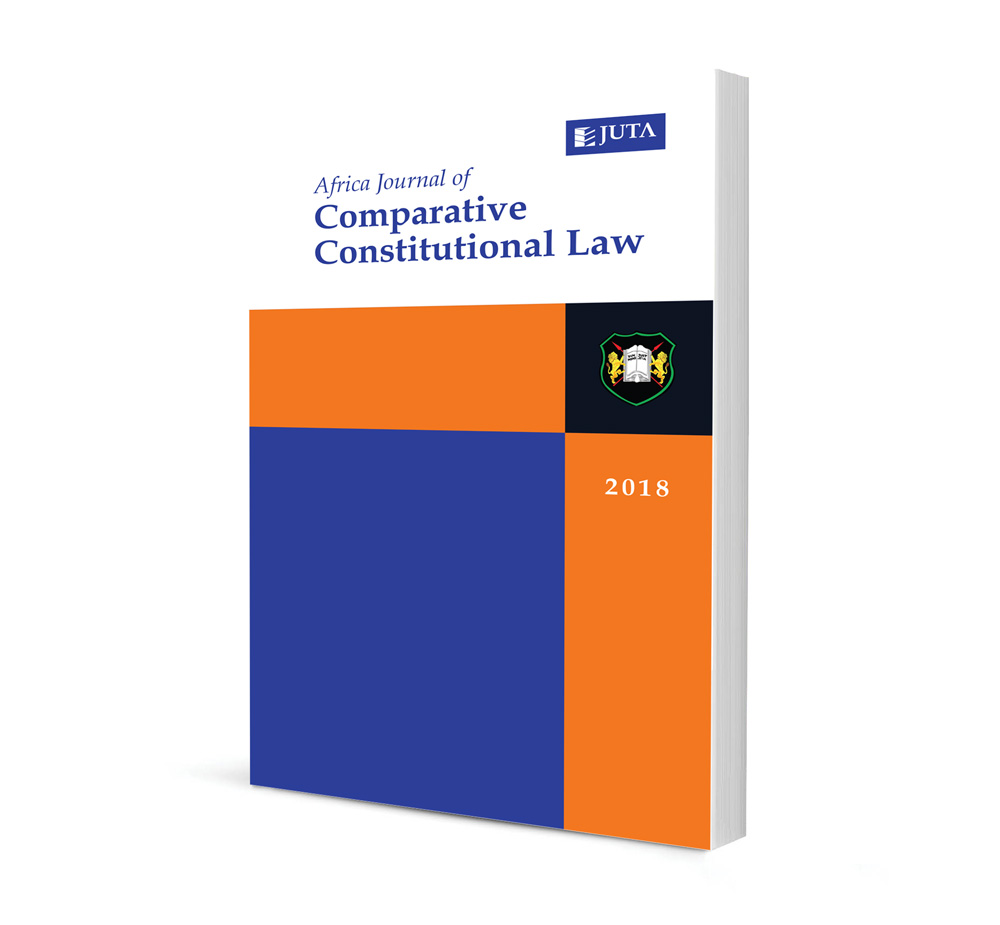
The Quest for Coherence in Kenya’s Judicial Sentencing Policy: A Review of the Jurisprudence Following the Muruatetu Case
Author: Phyllis Ngugi
ISSN: 2521-5434
Affiliations: Advocate of the High Court of Kenya. LLM (UQ), LLB (MOI) PDG (KSL)
Source: Africa Journal of Comparative Constitutional Law, 2021, p. 142 – 149
https://doi.org/10.47348/AJCL/2021/a7
Abstract
The Supreme Court decision in the now-infamous case Francis Karioko Muruatetu v Republic seemed to settle the enduring debate whether sentencing is a judicial or a legislative function. The court’s ruling was that sentencing is a judicial function and that the mandatory nature of the death penalty for murder was unconstitutional because it took away the courts’ discretion to determine a just and proportionate punishment to impose on a convicted person. In its judgment, the court ordered that the judiciary sentencing policy be revised to reflect the court’s guidelines on the obligation of courts to listen to the accused’s mitigation before sentencing. The court also directed that a framework for sentence rehearing be prepared immediately to allow applicants who had been sentenced in circumstances similar to those of the petitioners to apply for sentence a rehearing from the trial court. This article examines the aftermath of this judgment in terms of whether the Supreme Court’s decision helped to cure the challenge that lies in the current sentencing process; achieving coherence and proportionality in the sentencing process. By using jurisprudential arguments, we intend to demonstrate that, despite the court’s direction to all courts to ensure that no person should be subjected to a disproportionate sentence, the problem of disproportional sentencing is one that goes beyond merely reviewing of the sentencing guidelines but also demands a reform of the entire criminal justice system.